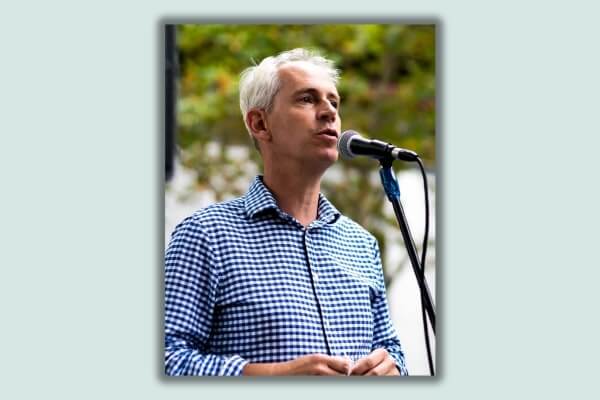Fifty years ago last month, Australia changed, fundamentally.
In August 1973, Gough Whitlam and Al Grassby made multiculturalism a cornerstone of our Australian story.
Their policy paper, ‘A multi-cultural society for the future’, marked the first formal acknowledgement of multicultural Australians by federal government.
Just a few years later, the first advisory council on multicultural affairs was established by Fraser to advise government on policy affecting multicultural Australians.
It’s hard to overstate the difference these acts of acknowledgement and listening has made for our multicultural communities, and our national identity as a majority migrant nation. We celebrated our diversity – recognising it was in fact our greatest strength.
Australians, now more than ever before, cherish the sharing of diverse cultures, experiences and understandings found across our suburbs and towns brought by those who have chosen Australia to call home. And if we didn’t choose to make this country our home, many of us have a parent who did. Write Yes
But of course, this is only part of our story.
Those of us who are not Indigenous are privileged to share this country with its traditional custodians and their 65,000 years of culture.
This shapes who we are as a people, each and every day.
But for 122 years our Constitution has not recognised Aboriginal and Torres Strait Islander people, who have lived and cared for this land since time immemorial.
This silence doesn’t reflect how we now understand our country and our history.
Perhaps especially for more recent migrants, whose journey to full membership of our Australian community has been increasingly marked by connection to First Nations culture and history. Write Yes
As I travel around this country and engage with multicultural communities, I’ve experienced two consistent reactions from multicultural communities to the idea of a Voice.
Firstly, of surprise.
The first part of Australia’s citizenship booklet acknowledges Aboriginal and Torres Strait Islander peoples as the first inhabitants of this land.
For some time now, people seeking to become Australian citizens have had to learn about First Nations history and culture in order to pass the citizenship test.
Which is why many are surprised that this foundational part of our story isn’t already included in our Constitution. To many, this makes our Constitution inconsistent with the Australia that they have learnt about and are now proud to be a part of.
Secondly, of understanding. Listening to communities isn’t a radical concept for multicultural groups – it’s common sense that when you ask someone for advice on matters that affect them, you get better results.
When we all step into a voting booth, Australians will be able to write Yes; for recognition and listening, and for a unified country, that acknowledges all of our diversity.
Some have wrongly claimed that a Voice will divide us.
The hard truth we must face up to is that we are divided right now. Write Yes
Read More: The 92 words that matter




